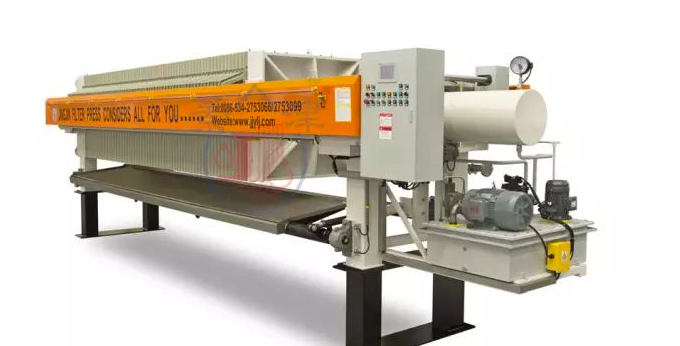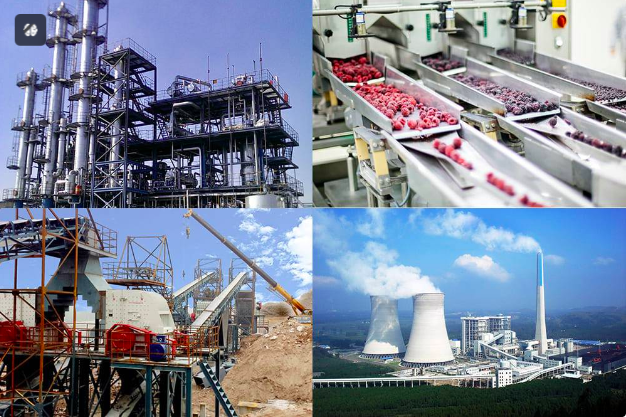lab scale filter press
Both laboratory and industrial filter presses are important tools used by a variety of industries. Laboratory filter presses are designed for smaller-scale applications, while industrial filter presses are built to handle larger volumes. In this blog post, we will compare and analyze the features, pros and cons, and costs of these two types of filter presses. Understanding the difference between laboratory and industrial filter presses can help businesses make an informed decision about which filter press will best suit their specific needs. Let’s enter the world of filter presses and explore their capabilities!
A laboratory filter press is a type of filter press designed for laboratory applications. They are used to separate solids and liquids in small batch processes and are commonly used in research and development labs, quality control labs, and small-scale production facilities.
lab scale filter press structure
The lab scale filter press consists of a group of filter chambers composed of filter plates and filter frames arranged alternately. There are grooves on the surface of the filter plate, and its protruding parts are used to support the filter cloth. There are through holes on the corners of the filter frame and the filter plate. After assembly, a complete channel is formed, which can pass the suspension, washing water and lead out the filtrate. There are handles on both sides of the plate and frame to support the crossbeam, and the plate and frame are pressed by the clamping device. The filter cloth between the plate and the frame acts as a sealing gasket. The suspension is pressed into the filter chamber by the feed pump to form filter residue on the filter cloth until the filter chamber is filled. The filtrate passes through the filter cloth and flows along the grooves of the filter plate to the channel at the corners of the plate and frame, and is discharged in a centralized manner. After the filtration is completed, clean washing water can be introduced to wash the filter residue. After washing, compressed air is sometimes introduced to remove the remaining washing liquid. Then open the filter press to remove the filter residue, clean the filter cloth, re-press the plate and frame, and start the next working cycle.
Laboratory filter presses provide a high degree of control over the filtration process. Filter presses are highly controllable and can be precisely adjusted to optimize filtration efficiency. Filter presses are easy to operate and allow for flexible adjustment of parameters such as pressure, temperature and filtration time.

Features of small filter press
The material of the experimental filter press can be polypropylene or stainless steel according to actual needs, which is corrosion-resistant and durable. This experimental filter press can achieve the purpose of sterilization by matching microporous filter membrane according to different filter media and production processes (primary filtration, semi-fine filtration, fine filtration). It can also reduce or increase the number of filter layers according to the size of the filtration volume to make it suitable for production needs. The sealing parts of this machine are made of medical silicone rubber or fluororubber, which has no leakage and good sealing performance.This experimental filter press can also be customized with multi-stage filtration devices according to user needs, with coarser filter materials in the first stage and finer filter materials in the second stage, which saves time and equipment and improves filtration accuracy. Plate and frame filter with microporous filter membrane is currently the ideal equipment for filtering activated carbon and particles.
- Small size: Laboratory filter presses are typically smaller than industrial filter presses, making them ideal for benchtop use.
- Small capacity: Laboratory filter presses are designed for small volume applications, typically ranging from a few liters to tens of liters.
- Manual operation: Some laboratory filter presses are manually operated, allowing for precise control of the filtration process.
- Stainless steel construction: Laboratory filter presses are typically made of stainless steel, which is durable and corrosion-resistant.
Application of Small Filter Press For Laboratory
Small Capacity Filter Press for Lab is widely used in pharmaceutical, chemical, food, beverage, water treatment, brewing, ink, petroleum, printing and dyeing, environmental protection and other industries. It is an ideal equipment for filtering, clarifying and purifying various liquids.Filter presses come in a wide range of sizes, from small laboratory-scale 150 mm presses to much larger capacity presses, such as those with 1500 mm and 2000 mm filter plates. Filter presses are used for liquid/solid separation in a variety of industries and applications, including
- 1.Food and beverage processing
- 2.Chemical manufacturing
- 3.Mining
- 4.Power generation
- 5.Aggregate, asphalt and cement production
- 6.Steel plants
- 7.Municipal plants

评论
发表评论